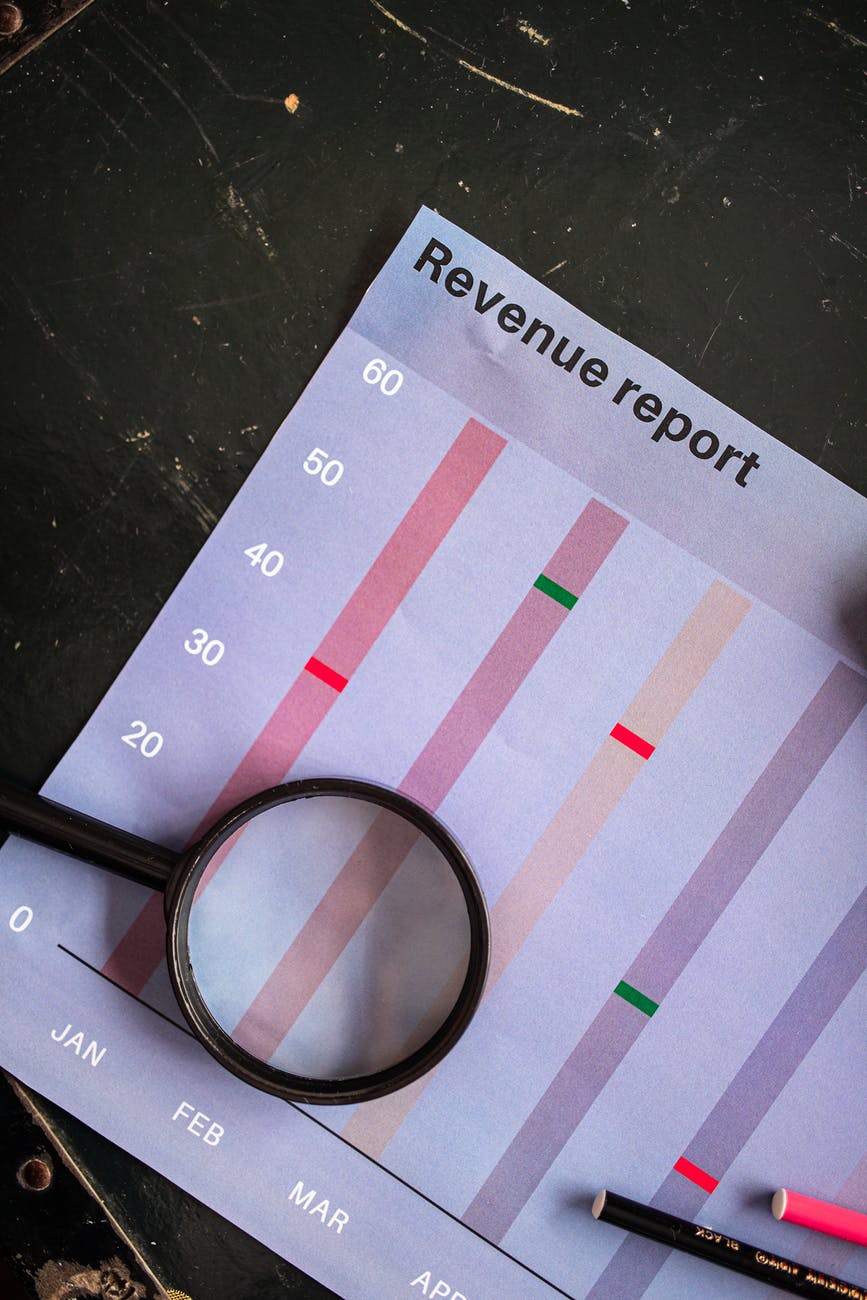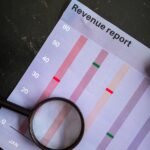Comprehensive Review of the Major Credit Reporting Agencies and Credit Reports

We have become a nation that seeks instant gratification and the buy now, pay later model. It will be difficult to get the things that you want when you don’t have a good credit rating. Credit has been accepted as a replacement for cash. Good credit is key to your future and to opening doors that will make your life easier and more comfortable.
It is in your best interest to understand credit and all aspects of how it works. This includes the major credit reporting agencies that keep your credit file. You will be able control your finances and make informed decisions about your credit reports.
Lenders will want to learn about you, your income, assets, and, most importantly, your credit history when you apply for credit. Lenders will collect a lot of information from you via a credit application. Next, they will pull credit bureau reports to verify this information, and then review your credit references. After evaluating your credit application and your credit report, the lender will make a final determination about whether or not they will grant you credit.
Now that you are familiar with the process of getting credit, let’s take a closer look at the factors that could be either an asset or liability when you apply for credit: your credit report.
What is a credit score?
Your credit report is your financial history. It contains both credit and personal information. Credit reporting agencies (also known as credit bureaus) maintain your credit report and provide it to lenders, employers and insurance companies. Credit reporting agencies receive credit reports from creditors. In most cases, credit bureaus can update your file electronically.
What’s in my credit report?
Your credit report can be divided into five areas: your personal profile/identifying information (inquiries), credit history, public records information (credit score) and credit history.
PERSONAL PROFILE/IDENTIFYING INFORMATION: This is where all of your personal information is stored. It includes your name and any aliases, Social Security number and date of birth, as well as your current and past employment. Some of the information might be incorrectly or misspelled. This can happen when creditors pull your credit report. Creditors usually enter the information through the computer, where errors in data entry can occur. These mistakes will update credit bureau reports. If you find information that isn’t close to your address, you should investigate further. This could indicate that you might be the victim of identity theft.
INQUIRIES: This section lists all parties who have asked for a copy your credit report. It also includes the date and time it was completed in the past two years. There are two types: soft and hard inquiries. Hard inquiries are when you apply for something. These are the hard inquiries that show up on your credit reports and are visible to creditors who access your credit file. Soft inquiries are only visible to creditors if they are requested by you. Soft inquiries can be made by your creditors who are watching your account, companies looking to offer credit promotions and any time you request a copy your credit report.
CREDIT HISTORY- This section contains an itemized list of all your credit cards, loans, and mortgages. It includes both current and closed accounts. This information includes the type of account, its date of opening, the maximum balance, monthly payments, and the date of the last payment. It also lists the date of the last activity.
PUBLIC RECORDS – This information can be obtained from local, federal, and state courthouses. It includes bankruptcy records and foreclosures as well as tax liens and monetary judgments. Court-ordered payments and child support payments are also included. Public records can be a negative credit reference that will lower your credit score. These records can also remain on your credit report for up to ten years.
CREDIT SCORE: Your credit score is a rating that determines your credit risk and the likelihood you will default on a loan. This score will be used by lenders to help them decide whether or not to lend you money. Your credit score represents a snapshot of your credit at the time. It can change daily. The credit score is a three-digit number that can range from 300 to 850. According to statistics, the score is a three-digit number that ranges from 300 to 850. The lower your score, the less likely it is you will default on a loan.
You may still be able borrow money even if your credit score is poor. However, you will likely pay higher interest rates and may not receive all of the requested funds. Additionally, fees may apply. You can still get any loan at the lowest rates possible if your credit score is higher.
Credit scores are complex calculations. The credit reporting agency considers many factors. These include your payment history (both current and past), your credit limit and your credit limit. Your score will also be affected by the amount of inquiries you make.
Where did the credit information in my report come from?
Credit bureaus and credit reporting agencies collect credit history information. Three major credit reporting agencies are Equifax, Experian, and Trans Union. Credit reporting agencies receive information from creditors. The credit reporting agency updates your credit report file and keeps this information up to date. Creditors electronically report on loans, credit cards, and mortgages. When you apply for credit, your file is updated as well. Credit reporting agencies receive the information from your credit applications when they pull your credit reports.
Which are the top credit reporting agencies?
There are three main credit reporting agencies. Equifax, Experian, and Trans Union are the three major credit reporting agencies. These companies are separate from each other and you should know that they don’t exchange information. It is possible to have different credit reports with each one. Although there are many smaller credit bureau companies in the country, the major credit companies are the most important and used by financial institutions and banks. While creditors might use one of these credit reporting agencies, it is not uncommon for them to use all three.
Who has access my credit report?
The Fair Credit Reporting Act, (FCRA), has rules about who can access your credit file. A credit reporting agency can only access your credit file if the request relates to credit extension, collection of debt, employment applications or insurance. These companies can also access your credit report under an ongoing business relationship. If you default on a payment on a loan you have with a bank, the bank can request a copy of your credit report. This option is often used by credit card companies. It is part of maintaining your account. Credit cards are revolving loans, not closed-end loans. Customers’ circumstances can change. Credit card companies will request updated credit reports from their customers. They will review them to look for signs that a customer is getting too credit and could have problems meeting their obligations. Credit card companies are able to automatically increase or decrease your credit limit and interest rate. Employers are exempt from this law and must have permission to obtain a copy your credit report.
You also have the right to copies of your credit reports. Today, there are many easy and fast ways to get credit reports online. A copy can be purchased from Equifax, Experian, or Tran Union. The cost of each report may vary, but they can only charge the maximum amount allowed by the Federal Trade Commission (FTC). You should check your state laws as many states require credit bureau companies to give you a free copy of your credit reports every six months. If you have been denied credit or any other benefit based on your credit history, the FCRA allows you to request a copy of your credit report. You can also obtain the FCRA.
Completely free credit reports. If you believe you may be a victim to identity theft or fraud, or if your welfare benefits are being used, you can request a free credit report.



















Leave a Reply